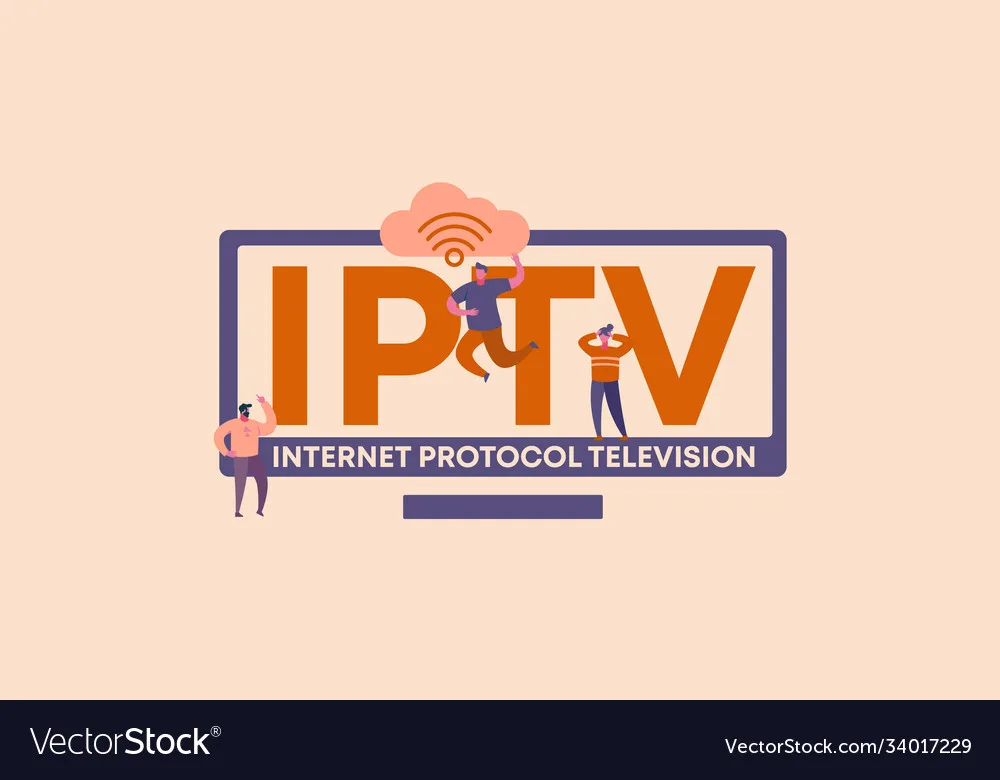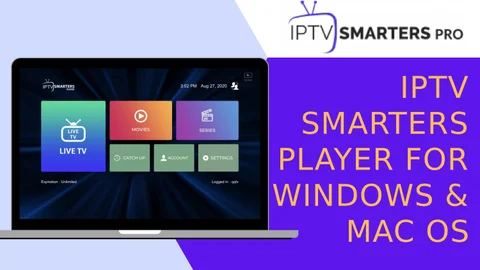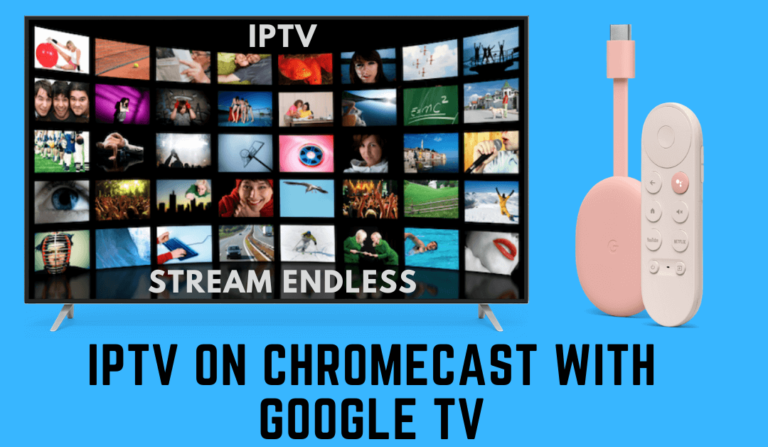What is iptv ?
In recent years, traditional television broadcasting has undergone a significant transformation thanks to advancements in technology. One such innovation that has gained immense popularity is IPTV, or Internet Protocol Television. IPTV is revolutionizing the way we consume television content, offering viewers more flexibility, choice, and control over what they watch and when they watch it. So, what exactly is IPTV, and why is it becoming increasingly prevalent in today’s digital landscape?

What is IPTV?
IPTV, short for Internet Protocol Television, refers to a system through which television services are delivered using the Internet Protocol (IP) network infrastructure. Unlike traditional methods of broadcasting television content, which rely on satellite signals or cable networks, IPTV utilizes the internet to transmit video streams to viewers’ devices, such as smart TVs, computers, smartphones, and tablets.
How Does IPTV Work?
The functioning of IPTV is relatively straightforward yet incredibly efficient. Content providers encode television signals into IP packets, which are then transmitted over the internet to subscribers’ devices. These IP packets are decoded by a set-top box, smart TV app, or streaming device, allowing viewers to watch live TV, on-demand content, and even record programs for later viewing.
One of the key advantages of IPTV is its ability to deliver a personalized viewing experience. Through features such as video on demand (VOD) and time-shifted TV, users can access a vast library of content and choose when and how they want to watch it. Additionally, IPTV services often offer interactive features like electronic program guides (EPGs), parental controls, and multi-screen viewing, enhancing the overall viewing experience for subscribers.
Benefits of IPTV
- Flexibility: IPTV enables viewers to watch television anytime, anywhere, as long as they have an internet connection. This flexibility is especially appealing to busy individuals who may not always be able to watch their favorite shows during traditional broadcast times.
- Cost-Effectiveness: Many IPTV providers offer subscription packages at competitive prices, often undercutting traditional cable and satellite services. Additionally, since IPTV relies on existing internet infrastructure, subscribers can save on installation and equipment costs associated with traditional TV services.
- High-Quality Content: IPTV delivers high-definition (HD) and even ultra-high-definition (UHD) content, providing viewers with an immersive viewing experience. With access to a wide range of channels and on-demand content, subscribers can enjoy top-notch entertainment tailored to their preferences.
- Interactive Features: IPTV platforms often come equipped with interactive features that enhance the viewing experience. From on-screen program guides to interactive applications, users can engage with content in ways that were previously impossible with traditional television.
The Future of Television Streaming
As technology continues to evolve, the popularity of IPTV is only expected to grow. With the proliferation of high-speed internet connections and the increasing demand for personalized content experiences, IPTV represents the future of television streaming. Content providers, telecommunications companies, and consumers alike are recognizing the benefits of IPTV and embracing it as the next-generation television solution.
In conclusion, IPTV offers a compelling alternative to traditional television broadcasting, providing viewers with unparalleled flexibility, choice, and control over their viewing experience. As the digital landscape continues to evolve, IPTV is poised to reshape the way we consume television content, ushering in a new era of entertainment for audiences around the world.




